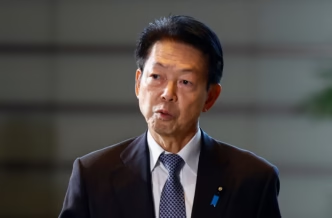Japan’s Trade Minister Yoji Muto has failed to win exemptions from high U.S. import duties in high-level talks in Washington. The tariffs, which affect Japanese steel, aluminum and auto exports, are due to kick in March 12, 2025.
During the meeting with U.S. Commerce Secretary Howard Lutnick, U.S. Trade Representative Jamieson Greer, and White House economic advisor Kevin Hassett, Muto noted that Japan’s large investments and job creation in the U.S. warrant an exemption from the 25% tariffs. But U.S. officials merely praised Japan’s contribution without giving any concessions.
“We did not get a response of Japan being excluded,” Muto told journalists. “We must keep up our position.”
The tariffs is part of a wider package of North American protectionist trade measures unveiled by Donald Trump who is considering similar duties on foreign auto imports by the beginning of April. The move has got the world’s attention, prompted Canada, Mexico and China to threaten counter-measures.
Japan, a key global exporter, faces significant economic consequences, particularly in the automobile sector. Japanese companies, as the country’s largest export market, are very worried about it, political analyst Rintaro Nishimura said.
Though negotiations were hindered, both parties agreed to keep the talks going, including talks on joint energy projects such as liquefied natural gas development in Alaska, suggesting attempts to preserve the two nations economic ties.















